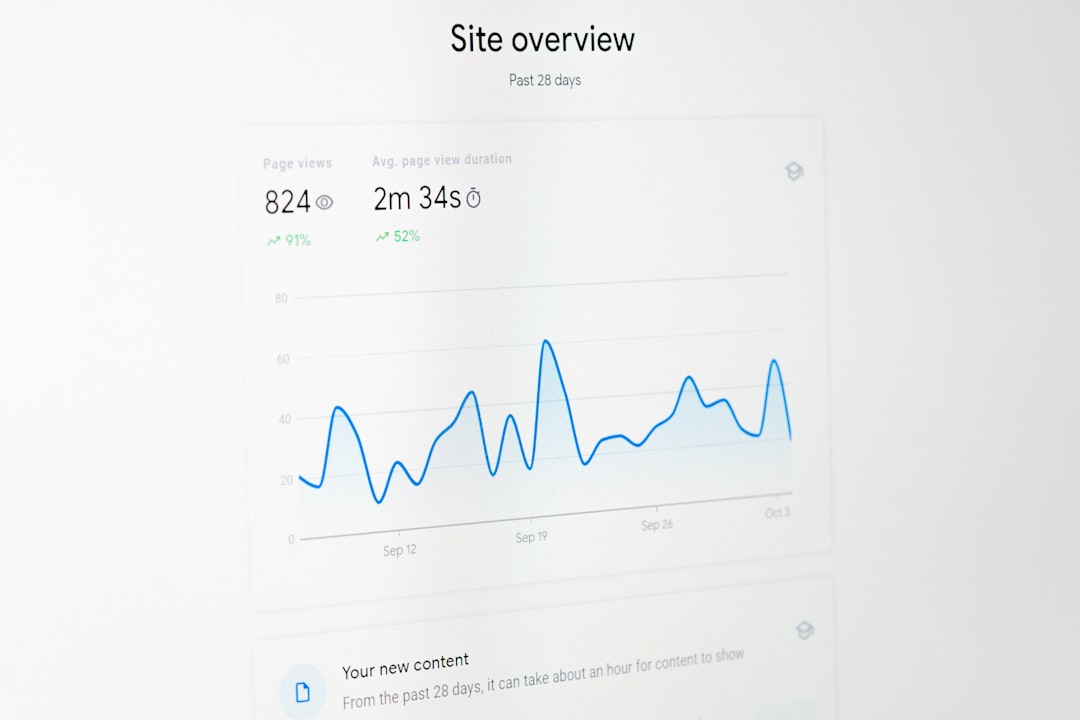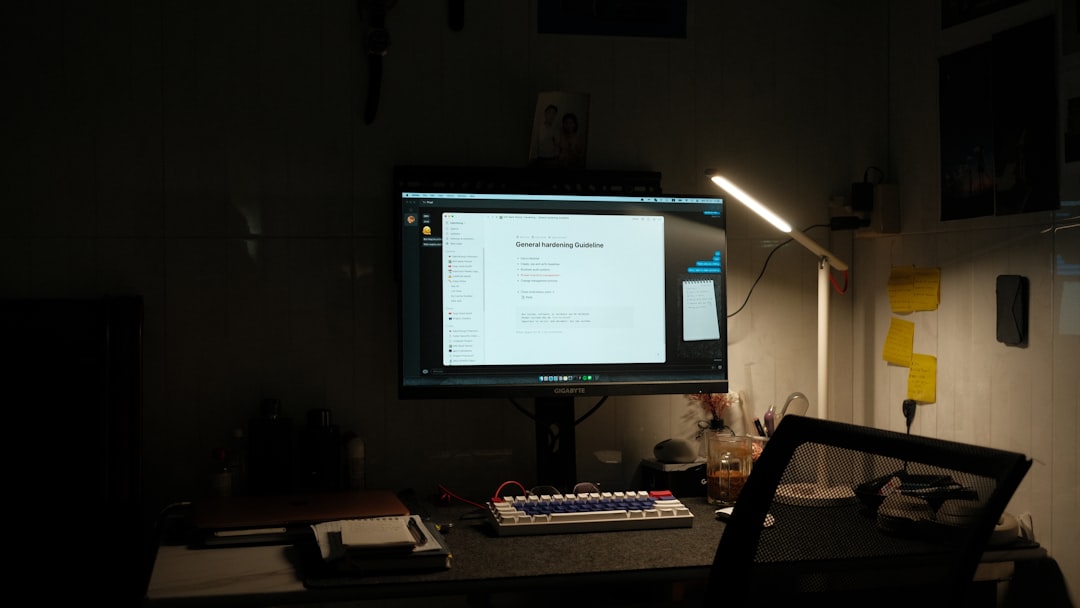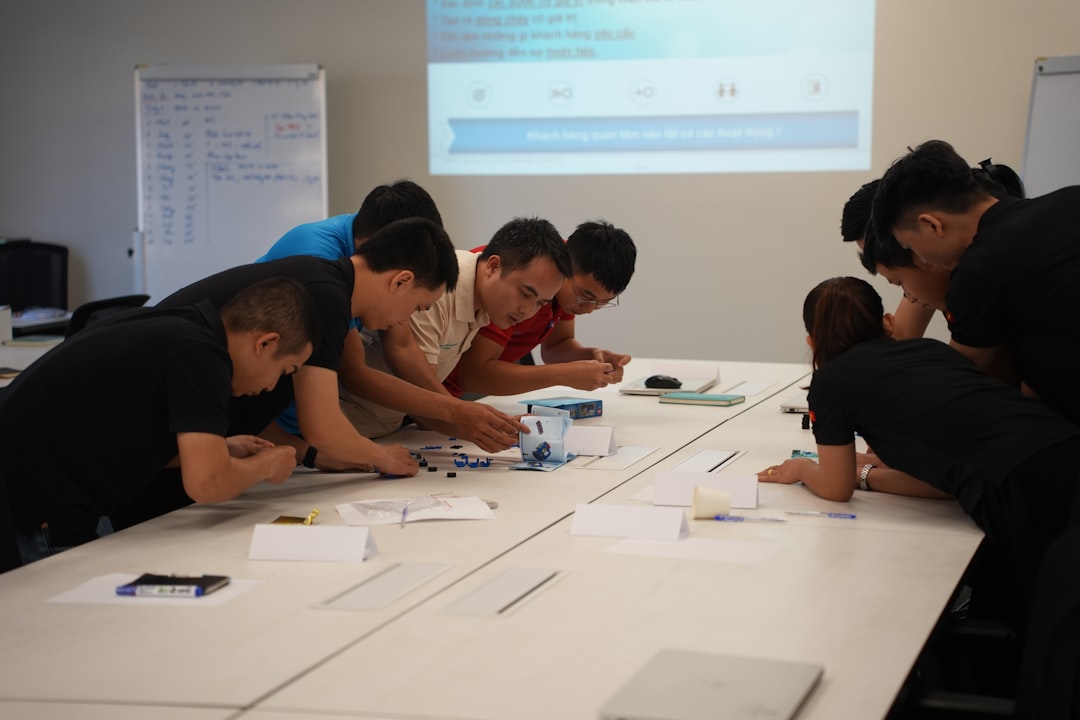A/B testing is a cornerstone of data-driven decision-making, allowing businesses to evaluate the effectiveness of website elements, marketing messages, and product features. Traditionally, A/B testing has involved manual setup, long cycles of hypothesis and measurement, and complex statistical analysis. However, recent advances in artificial intelligence (AI) have revolutionized this process, making it faster, more efficient, and remarkably accurate.
With so many tools available today, it can be challenging to identify the best AI-powered platforms for A/B testing. This article outlines some of the most effective AI tools designed to improve experimentation, reduce time-to-insight, and promote smarter business decisions.
1. Optimizely
Optimizely is one of the most widely recognized platforms for digital experimentation. Its AI-driven features empower users to test, learn, and deploy changes quickly. The tool uses machine learning algorithms to identify winning variations sooner, optimize traffic distribution dynamically, and automatically suggest improvements.
Key AI features:
- Predictive analysis to forecast outcomes
- Automated traffic allocation
- Personalized experiences based on user segments
Optimizely’s robust testing environments also integrate seamlessly with web and mobile platforms, making it an ideal choice for companies aiming for scalability.

2. Google Optimize (Now part of Google Analytics 4)
Google Optimize has been a popular A/B testing tool due to its simplicity and deep integration with the Google ecosystem. With the transition into GA4, AI capabilities have expanded. Machine learning models now proactively recommend experiments and automatically segment users for improved targeting.
Key AI features:
- Real-time analytics integration
- Automated user behavior insights
- Smart segmentation using Google’s ML libraries
Although better suited for medium to large businesses already using Google products, its ease of use and AI-enhanced features make it a strong contender.
3. VWO (Visual Website Optimizer)
VWO offers a suite of experimentation tools aimed at growth teams looking to run focused and reliable A/B tests. Its AI capabilities reside in the SmartStats engine, providing advanced statistical modeling to reduce the time and data required to achieve conclusive results.
Key AI features:
- Bayesian statistical models for experiment results
- Automated test hypothesis suggestions
- Predictive modeling for specific test outcomes
VWO’s platform also includes user behavior analysis tools, heatmaps, and session recordings that feed into its AI engine, enabling smarter testing decisions.

4. AB Tasty
AB Tasty is a customer experience optimization platform enriched with AI-driven experimentation tools. It stands out for its personalization engine, which uses predictive analytics to tailor experiences to individual user preferences in real time.
Key AI features:
- Predictive targeting for different user personas
- Automated winner selection
- Real-time analytics with AI predictions
AB Tasty is particularly useful for eCommerce platforms looking to enhance user engagement and conversion through customized recommendations.
5. Adobe Target
Adobe Target is an enterprise-level personalization and testing tool integrated into Adobe Experience Cloud. It leverages Adobe Sensei, the company’s AI and machine learning framework, to drive intelligent decisioning across all experiments.
Key AI features:
- Automated personalization through machine learning
- Self-optimizing experimentation
- Advanced audience segmentation based on real-time behavior
While Adobe Target requires a certain level of technical expertise, it offers unparalleled depth for organizations that manage vast ecosystems of digital content and user data.
Conclusion
AI is fundamentally transforming the way businesses approach A/B testing. These tools not only reduce the time and resources needed to carry out effective experiments, but also allow for deeper, behavior-based insights that manual methods often miss.
Choosing the right solution depends on your business size, technical capabilities, and integration needs. Platforms like Optimizely and VWO are well-suited for companies emphasizing scalability and depth of analysis, while tools like Google Optimize provide excellent entry points for businesses already embedded within the Google ecosystem.

Ultimately, leveraging AI for A/B testing not only enhances testing accuracy but also empowers your teams to focus more on strategy rather than statistical cleanup. As the digital landscape grows in complexity, these intelligent platforms will be invaluable in staying ahead of customer expectations and market shifts.




